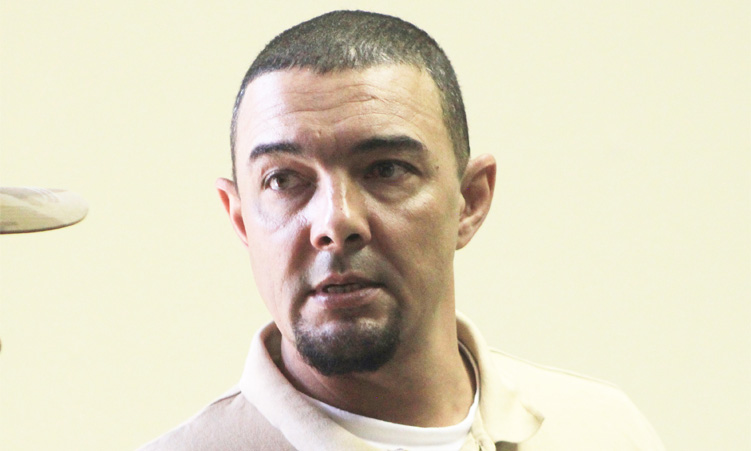LONDON – Politicians and military chiefs defended the war in Afghanistan yesterday as Remembrance services for generations of war dead highlighted the cost of the increasingly unpopular conflict.
A new poll found further erosion in public support for the war amid mounting troop deaths, confusion over the mission and a lack of faith in its success – sparking renewed efforts to explain why Britain must stay the course.’British public opinion has been dented by the level of losses that we have received, but we cannot run a campaign like this off the back of an opinion poll,’ Defence Secretary Bob Ainsworth told Sky News television.’We have to persevere, we have to show some resolution.’This campaign is directly connected to our safety back here in the United Kingdom. And people need to recognise that. Failure will be a disaster for us.’Queen Elizabeth II led the Remembrance Sunday commemorations, which mark the end of World War I on November 11, 1918, and all those killed in other conflicts, laying a wreath at the Cenotaph memorial in central London.The events, which included a minute’s silence in honour of the dead, took on added poignancy with the announcement of the 231st British fatality in Afghanistan since operations began in 2001.Foreign Secretary David Miliband admitted that ‘the threat is hard to see and more complex to understand’ than in previous conflicts but insisted ‘this war is every bit a war of necessity’.Writing in the Daily Mail newspaper, he said pulling out before the Afghan government could provide security would give global terrorism ‘free rein’.Britain’s chief of defence staff, Air Chief Marshal Jock Stirrup, said he believed Afghan forces would not be able to take over until 2014, saying previous estimates by US and NATO commander Stanley McChrystal were optimistic.’General McChrystal estimates that it will not be before 2013. I think that’s a little optimistic. I’d say about 2014,’ Stirrup told the BBC. ‘Of course, it’ll be a gradual process. It won’t be one big step change.’Earlier, Lieutenant General Jim Dutton, the most senior British commander in Afghanistan, suggested that it would take ‘three to four years’ to reach Britain’s stated goal of handing over the security lead to domestic forces.Both military chiefs acknowledged that to maintain public support they must better explain why Britain was fighting in Afghanistan.A new Comres poll for the BBC reveals that 40 per cent of the public think the war is ‘unwinnable’, up six points from July, and more than 40 per cent do not understand why Britain is there.Some 63 per cent think troops should be withdrawn as quickly as possible, up three points from August, the poll of 1 009 adults on November 4-5 showed.’It’s painful and it’s slow and it’s halting but it is in the right direction,’ Stirrup insisted.He said international troops had inflicted ‘significant damage’ on al Qaeda since operations began in the wake of the September 11, 2001, attacks on the United States and they had been driven into Pakistan.But he said British troops must stay in Afghanistan to stop them coming back, a point reinforced by defence secretary Ainsworth. ‘The only reason that it (the threat) has moved into Pakistan is because our troops are in Afghanistan,’ Ainsworth said. ‘If they were not there, the threat would be back, the threat would be real, the threat would grow to the level it was some years ago.’ – Nampa-AFP
Stay informed with The Namibian – your source for credible journalism. Get in-depth reporting and opinions for
only N$85 a month. Invest in journalism, invest in democracy –
Subscribe Now!









